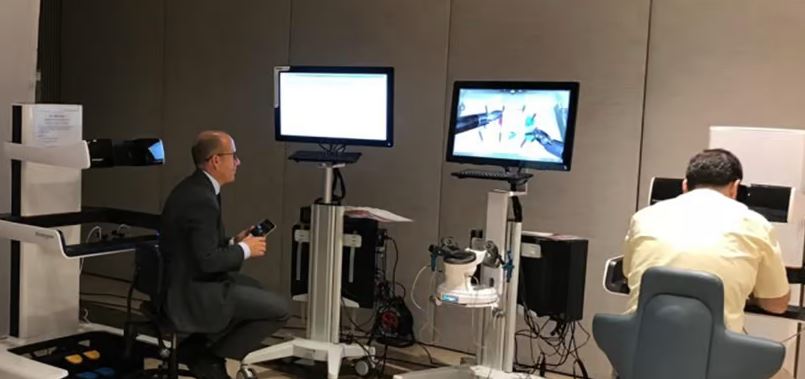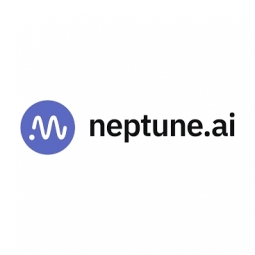Implementing Neptune for Efficient Machine Learning in Bioinformatics: A Case Study of ailslab
- Analytics & Modeling - Machine Learning
- Cement
- Education
- Product Research & Development
- Experimentation Automation
- Predictive Maintenance
- Data Science Services
ailslab, a small bioinformatics research group, is dedicated to building machine learning models to predict cardiovascular disease development using clinical, imaging, and genetics data. The research process is intense, requiring a custom infrastructure to extract features from various data types, including Electronic Health Records (EHR), time-to-event data, images, structured data, and ECG. The goal is to create precise machine learning models for risk stratification for primary cardiovascular prevention. However, as the team grew, collaboration became more challenging, and new problems began to emerge. These included issues with data privacy, workflow standardization, feature and model selection, experiment management, and information logging.
ailslab is a small bioinformatics research group focused on applying machine learning to predict the development of cardiovascular diseases. Their work involves extracting features from a variety of data types, including Electronic Health Records (EHR), time-to-event data, images, structured data, and ECG. The team aims to create precise machine learning models to solve complex issues, such as risk stratification for primary cardiovascular prevention. As the team expanded, they faced challenges in collaboration, data privacy, workflow standardization, feature and model selection, experiment management, and information logging.
ailslab chose to implement Neptune, a platform that simplifies the management of multiple experiments, saving the team valuable time. Neptune removes much of the tedious work involved in the research process, allowing the team to focus more on their core tasks. The platform takes care of everything from logging to experiment management, presenting results in a standardized way that reduces the potential for errors. It also facilitates the comparison and management of experiments, allowing researchers to track the history of experiments, make changes, and observe the impact of these changes on the results. Additionally, Neptune stores data about the environment setup, the underlying code, and the model architecture, making it easier to build complex models.
Related Case Studies.











